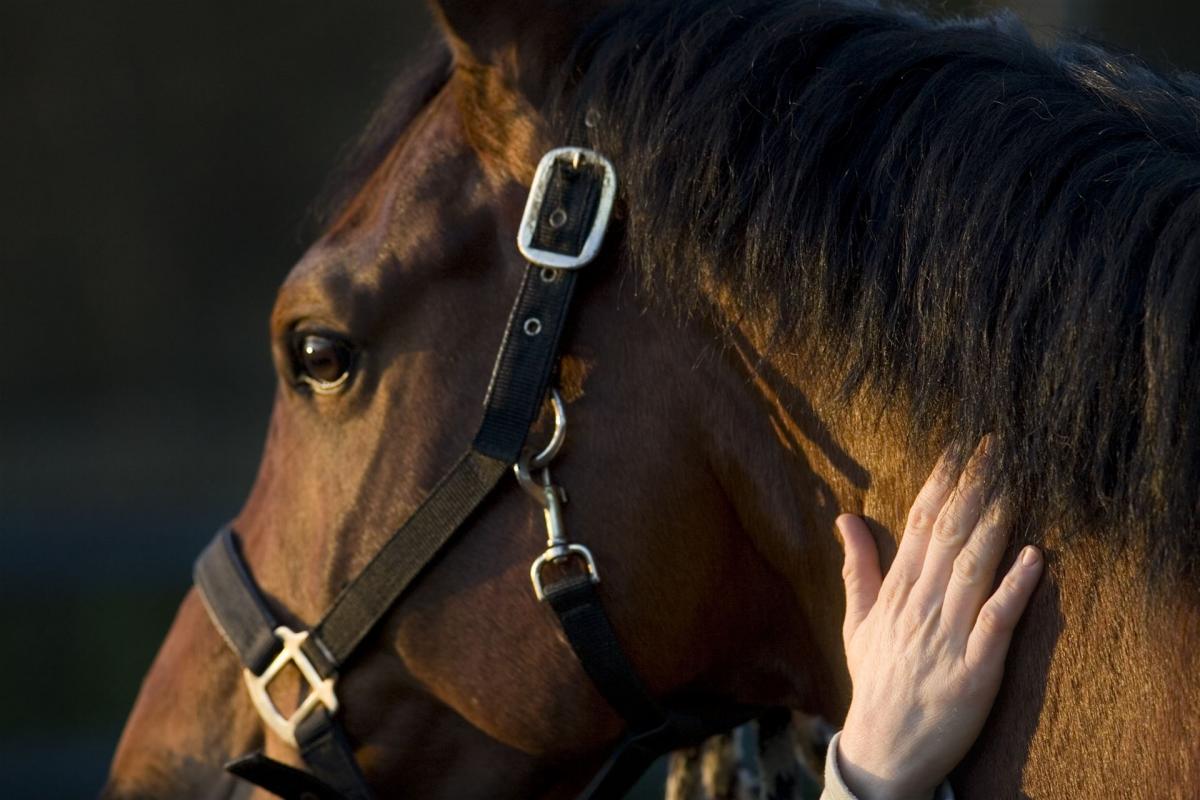
Should I vaccinate my horse?
There was plenty to discuss during the online consultation session of the CHIO Aachen CAMPUS on the theme of the “Equine Herpes Virus“: What is it exactly, what effects does it have, how can I protect my horse? Many of you tuned in to listen to the experts and ask them questions. We have summarised the most important statements for you.
There is great fear and insecurity. The outbreak of the Equine Herpes Virus (EHV-1) at the equestrian show in Valencia, Spain, is worrying horse owners worldwide and is having wide-ranging consequences at both national and international level. For example, all equestrian sport events have been cancelled until further notice. “We are in regular contact with everyone who has returned from Valencia,” is how Sönke Lauterbach, General Secretary of the German Equestrian Federation (FN), summed up the current situation. “We are aware of five establishments where horses that were on-site in Spain are suffering from acute cases of the virus. But fortunately, the infection has not spread to any other yard so far.”
But how can I recognise the outbreak of an infection? “If one has the slightest suspicion that the general condition of the horse is impaired, taking the horse’s temperature is the first important measure to be undertaken,” Dr. med. vet. Friedrich-Wilhelm Hanbücken, Chief Veterinarian of the CHIO Aachen, explained. Under the present circumstances, if the horse has a high temperature, it is advisable to contact the veterinarian straightaway. “A nasal swab for the PCR diagnostics can detect a possible infection at an early stage,” the vet stated and since the virus is an airborne droplet infection, he requested that particular care should be taken in equestrian facilities. The keyword here is isolating new horses at the stables for at least a week.
Furthermore, it is advisable to have one’s horse vaccinated. “Only 10 to 15 percent of the horses in Germany are currently vaccinated against Herpes,” Dr. med. vet. Karsten Feige, member of the German Standing Veterinarian Vaccination Committee, pointed out. “In order to be able to protect our horse population, we have to reach a vaccination rate of around 90 percent.” However, it is not (yet) compulsory to have horses vaccinated against herpes in this country. “Due to the current vaccine shortage, it is currently not possible to impose such an obligation,” stated Sönke Lauterbach. However, anyone who has the possibility to have his horse vaccinated, should do so. Dr. Hanbücken has calming words for horse owners, who are frightened about having their horses vaccinated due to possible side-effects: “Of course, as is the case with any other inoculation, a high temperature or swelling around the site of injection are possible reactions to vaccinations, but I know of no horse that has sustained long-term side-effects.”
Stefan Knopp, Director of the CHIO Aachen Campus, was very pleased with the reaction to this Zoom consultation session. "The high level of attention that our consulting session attracted shows how important this theme is and how concerned people from the equestrian circles are about it. Our thanks go to the experts and the presenter for taking the time to answer the many questions of our participants.”

